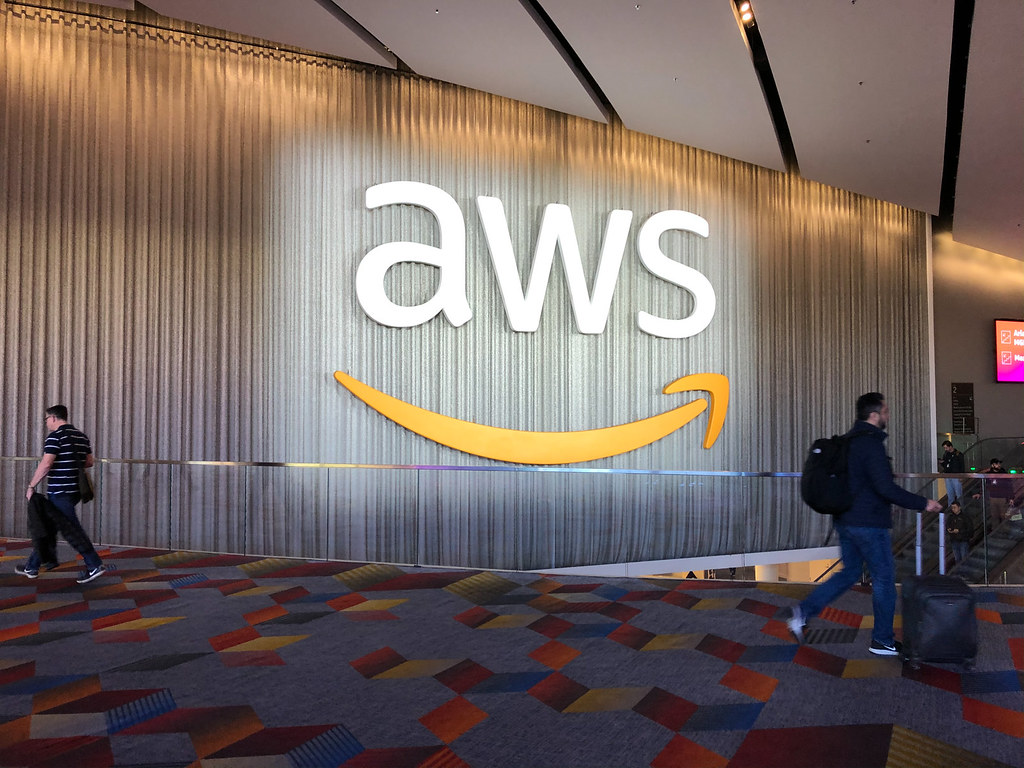Amazon Web Services (AWS) has unveiled an ambitious £8 billion investment aimed at strengthening the UK’s digital infrastructure and creating over 14,000 full-time equivalent jobs annually within the AWS data centre supply chain. This comprehensive initiative encompasses roles in construction, facility maintenance, engineering, telecommunications, and more.
Since its entry into the UK market in December 2016, AWS has significantly expanded its footprint, establishing three Availability Zones, two WaveLength Zones, two Edge Locations, and a Regional Edge Cache. This new £8 billion investment will elevate AWS’s total UK investment from 2020 to 2028 to over £11 billion, building on the £3 billion already invested since 2020, which has supported more than 6,000 jobs per year.
The investment aligns with AWS’s broader objective to enhance the UK’s digital economy, which experienced a £42 billion boost from cloud computing in 2023, contributing 1.6% to the country’s GDP. By expanding its UK operations, AWS aims to broaden access to cloud computing and artificial intelligence, helping businesses improve their global competitiveness.
Chancellor of the Exchequer, Rachel Reeves, praised the announcement, stating, “This £8 billion Amazon Web Services investment marks the start of the economic revival and shows Britain is a place to do business. I welcome the announcement as part of the Government’s mission to boost growth, unlock investment and make every part of Britain better off.”
Technology Secretary, Peter Kyle, emphasized the significance of AWS’s expansion, noting, “Today’s announcement reflects the growing strength of the UK’s digital economy with a key player like Amazon Web Services committing to growing and expanding on our shores.”
AWS’s UK clientele includes prominent organizations such as AstraZeneca, Cancer Research UK, Deliveroo, easyJet, and Sainsbury’s. These entities utilize AWS to cut costs, enhance agility, and foster innovation. Independent research commissioned by AWS reveals that 84% of AWS customers report cost savings and quicker deployment times, with many also benefiting from increased global reach and competitiveness.
In addition to its investment, AWS has committed to providing free cloud computing skills training to 29 million people worldwide by the end of 2025. AWS surpassed this goal in July 2024 by reaching over 31 million learners, including many in the UK. The company is also dedicated to advancing AI education, aiming to offer free AI skills training to two million individuals by 2025.
Since 2010, Amazon’s total direct investment in the UK has exceeded £56 billion, encompassing substantial capital and operational expenditures. AWS’s ongoing commitment to enhancing the UK’s digital landscape promises to drive growth, innovation, and job creation across the nation.










